Today we’re reflecting on one of the many injustices exacerbated by the COVID-19 pandemic: inequalities in eviction and rent relief. Last night, Congress was set to pass a $900 stimulus bill that includes a one-time relief check and extends the CDC federal eviction moratorium to January 31st. Unfortunately, the moratorium only covers certain types of evictions and has been interpreted widely by states. It’s crucial to pass stronger legislation: during a pandemic, an eviction can be a death sentence.
A recent study estimates that states lifting their eviction moratoriums caused 433,700 coronavirus cases and 10,700 deaths. When people are evicted, public health researcher Kathryn Leifheit says, they “often move in with friends or family, if they have that option. If not, they might enter a homeless shelter. And both of those things increase your number of household contacts, they increase crowding, and we know that household transmission and crowding are two of the main mechanisms that drive up COVID transmission. This doesn’t only increase COVID risk for folks who get evicted, but for the entire community.”
Eviction moratoriums and relief checks are not enough. If we don’t also cancel rent, retroactive to the beginning of the pandemic, we’re not relieving the burden on tenants.
“If people get checks but we don’t #CancelRent, those aren’t stimulus checks, they’re an industry bailout,” tweeted Tara Raghuveer, Director of the national campaign Homes Guarantee. She explains: “Months into the pandemic, tenants are still being held responsible for their rent payment, and the fact is that ‘The rent eats first’. That is to say, if a family gets a check, whether it's for $600 or $1200, that money goes first to their landlord, so that does not stimulate the economy, that does not put food on the table, that does not help their family survive this traumatic moment. All that does is enrich the property owner to whom they owe their rent.”
The New York State Assembly reconvened last week but has yet to consider the set of three bills that would provide actual housing relief. Meanwhile, since the NY State eviction moratorium expired in October, over 40,000 eviction suits have been filed, and NYC marshals have begun evicting people in a pandemic. We know Black and brown New Yorkers are at much higher risk of eviction than white folks and that strong universal bills will protect them and all of us. Join us in renewing our commitment to organize strategically and effectively on the shifting terrain of federal, state, and city politics, and in taking the actions from home outlined below.
In solidarity,
SURJ NYC

